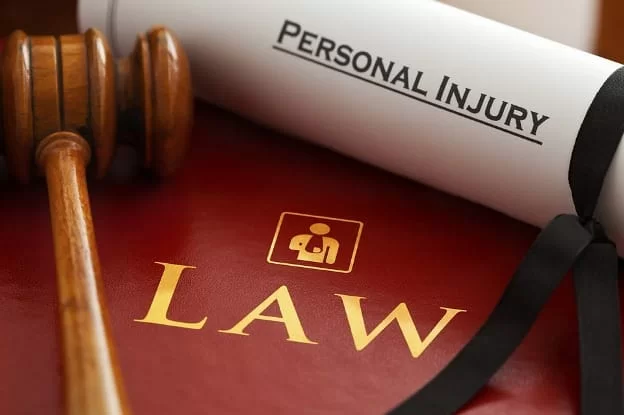Settling or Going to Trial: What Should You Do?

Settling or Going to Trial: What Should You Do?
As a personal injury victim, you may wonder which path to take, settling or taking your suit to trial. Both approaches have inherent advantages and disadvantages; the ultimate choice will depend on the specifics of your case and the defendant’s cooperation. Find out more in this comprehensive blog.
How Personal Injury Cases Work
Before answering the question on everyone’s mind, we must rewind and look at how typical personal injury cases work. Here is a rundown of the process:
The initial demand letter
This crucial document marks the beginning of your lawsuit. Your lawyer will draft and send it to the suspected liable party—be it the insurance company or the defendant.
It informs the insurance company of your claim and willingness to litigate. However, the letter also lets the other side know that you are open to negotiation for a settlement. After this, you file the case in court.
Defendant response
The other party will now reply to your demands. They may propose an offer, which is almost always on the lower side, a foundation for subsequent discussion.
Discovery
To gain a better understanding of the circumstances that led to the incident and map out the chain of liability, both parties exchange information, including but not limited to paper documents, depositions, independent medical evaluations, and witness reports.
Naturally, this back and forth can drag on for months. Eventually, both parties have a better idea of the strengths and weaknesses of the case, setting the stage for a crossroad—settling or proceeding to court.
The Ultimate Choice
Your decision will largely depend on the strengths of your case, whether the proposed settlement offer covers your damages, and how soon you wish to put all this in the past and move on with your life.
An out-of-court settlement comes with significant advantages for both parties. For one, it fast-forwards the clock, allowing for a much faster resolution for your claim. By accepting the settlement offer, you give up the right to sue, receive the money, and advance with your life.
However, should the suit proceed to trial, settlement may be delayed by weeks, months, and sometimes years, as litigation is inherently complex and lengthy.
Opting to settle is easier on the pocket. Lawsuits can be expensive. Here are some of their associated fees:
- Attorney fees – While most plaintiff attorneys work on a contingency basis, their cost increases when the case proceeds to court, usually forty percent or higher.
- Expert witness charges – Experts can charge thousands of dollars for working on a single personal injury case.
- Administrative costs – It is no secret that lawsuits are document intensive. Hiring a court reporter to handle document logistics can be pricey.
Evidently, settling is far cheaper and less time-consuming than taking your suit to trial.
If you are unable to agree on the settlement amount, the only viable option would be to take your claims to court chambers. But it’s not all bleak. Personal injury litigation has several significant advantages.
Conclusion
“Deciding whether to proceed to trial or settle is a decision only you can make. However, it is essential to heed counsel from your personal injury attorney,” says personal injury attorney David Gordon of The Law Offices of David E. Gordon.
Once you accept the settlement, you cannot turn back and sue for additional compensation should you find the money insufficient. Your attorney will wait until you are fully healed to assess the full extent of damages and map out the restitution you are entitled to.

Related Items:





